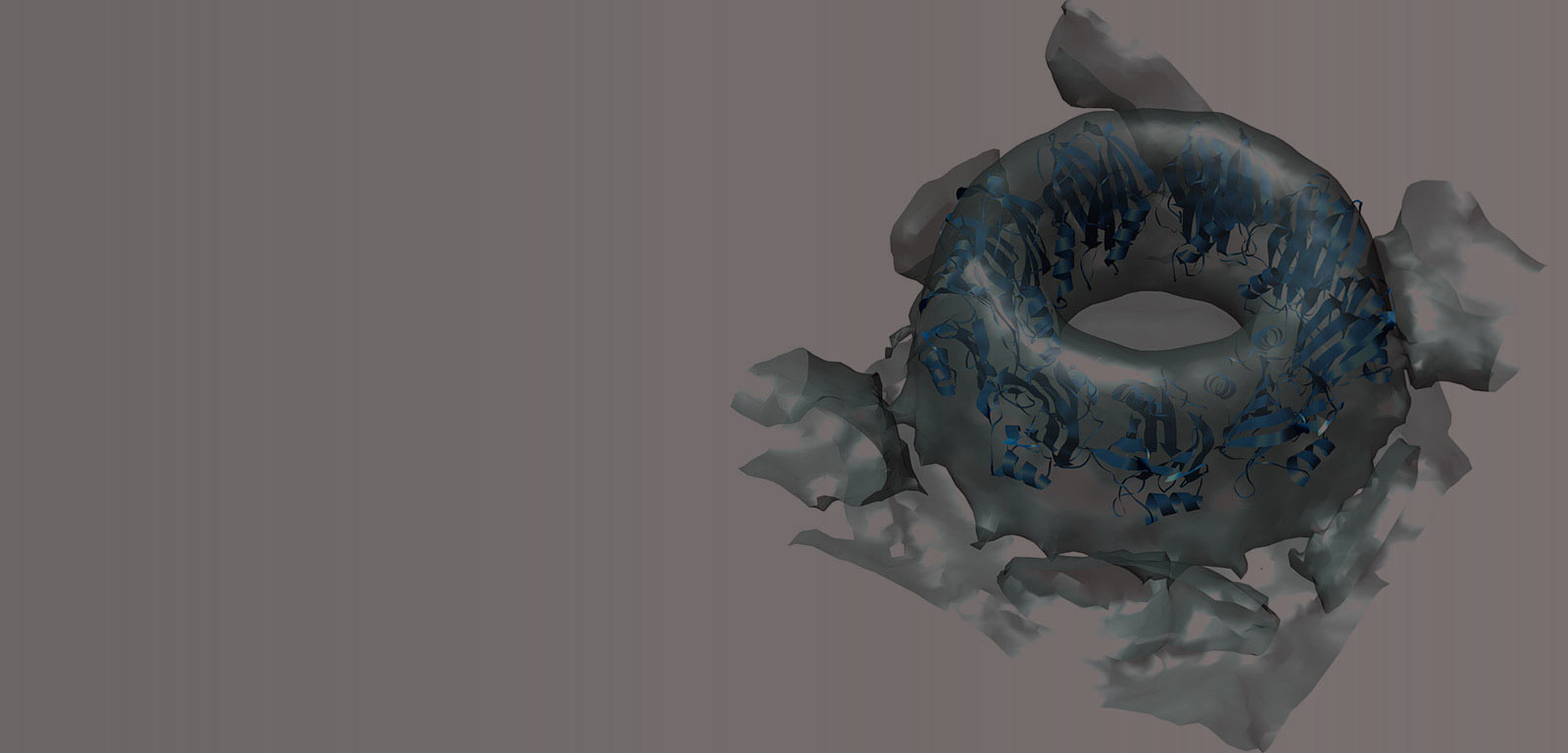Subject
Neuroscience in health and disease
General details of the subject
- Mode
- Face-to-face degree course
- Language
- English
Description and contextualization of the subject
Neuroscience is the scientific discipline that tries to understand the central nervous system (CNS) and its diseases. For this, it supports and encompasses many other sciences: from the most basic (genetics, biochemistry, ...) to the most clinical such as neurology and psychiatry. It is considered the last frontier of biomedical knowledge, and its fundamental objectives are to understand the biological mechanisms responsible for human activity and to find a way to preserve, restore and strengthen the functioning of our SNC before and after its deterioration.The ¿Neuroscience in health and disease¿ course will provide students with a broad knowledge in that field ranging from molecular and cellular to clinical neuroscience. Understanding the specific cell biology issues of neurons and glial cells and their relationships in health and disease will be its main objective.
To this end, ¿Neuroscience in health and disease¿ course will focus on selected topics ranging from various basic to clinical perspectives (see theoretical-practical contents). During two weeks, and in an intensive way, the aim will be to identify the progress made and highlight the challenges still facing the Neuroscience field.
Teaching staff
| Name | Institution | Category | Doctor | Teaching profile | Area | |
|---|---|---|---|---|---|---|
| CAPETILLO GONZALEZ DE ZARATE, ESTIBALIZ | University of the Basque Country | Profesorado Adjunto (Ayudante Doctor/A) | Doctor | Bilingual | Human Anatomy and Embryology | estibaliz.capetillo@ehu.eus |
| DOMERCQ GARCIA, MARIA | University of the Basque Country | Personal Doctor Investigador | Doctor | Not bilingual | Human Anatomy and Embryology | maria.domercq@ehu.eus |
| MATO SANTOS, SUSANA | University of the Basque Country | Personal Doctor Investigador | Doctor | Not bilingual | Human Anatomy and Embryology | susana.mato@ehu.eus |
| MATUTE ALMAU, CARLOS JOSE | University of the Basque Country | Profesorado Catedratico De Universidad | Doctor | Not bilingual | Human Anatomy and Embryology | carlos.matute@ehu.eus |
| PEREZ CERDA, FERNANDO | University of the Basque Country | Profesorado Titular De Universidad | Doctor | Not bilingual | Human Anatomy and Embryology | fernando.perez@ehu.eus |
| PEREZ SAMARTIN, ALBERTO LUIS | University of the Basque Country | Profesorado Titular De Universidad | Doctor | Not bilingual | Human Anatomy and Embryology | a.perez@ehu.eus |
| RUIZ NUÑEZ, ASIER | University of the Basque Country | Profesorado Agregado | Doctor | Bilingual | Human Anatomy and Embryology | asier.ruiz@ehu.eus |
| SORIA LANNES, FEDERICO NICOLAS | Achucarro Basque Center for Neuroscience Fundazioa | Otros | Doctor | federiconicolas.soria@ehu.eus |
Competencies
| Name | Weight |
|---|---|
| Understanding the structure and function of the CNS and the biology of their cells | 20.0 % |
| Understanding the neurobiology of the CNS disorders | 20.0 % |
| Proficiency in research skills in Neuroscience | 20.0 % |
| Rigorous and responsible conduct of research | 20.0 % |
| Appropriate proficiency in communication skills. | 20.0 % |
Study types
| Type | Face-to-face hours | Non face-to-face hours | Total hours |
|---|---|---|---|
| Lecture-based | 26 | 39 | 65 |
| Seminar | 24 | 36 | 60 |
Training activities
| Name | Hours | Percentage of classroom teaching |
|---|---|---|
| Expositive classes | 60.0 | 70 % |
| Groupwork | 5.0 | 40 % |
| Work preparation | 60.0 | 10 % |
Assessment systems
| Name | Minimum weighting | Maximum weighting |
|---|---|---|
| Attendance and participation | 20.0 % | 40.0 % |
| Internship Report/Summary | 10.0 % | 20.0 % |
| Validation of written and oral labour | 20.0 % | 40.0 % |
Learning outcomes of the subject
To update molecular and cellular knowledge and integrate this information in order to understand the physiology of the CNS and its diseases.Ability to follow and critically interpret neuroscience research results.
To acquire cross-disciplinary knowledge to have a multidisciplinary vision of resolved and pending tasks in the neuroscience field.
To identify the most relevant areas in neuroscience research in health and disease and the major recent advances.
To understand the current neuroscientific study approaches and new relevant technological advances to study the CNS.


